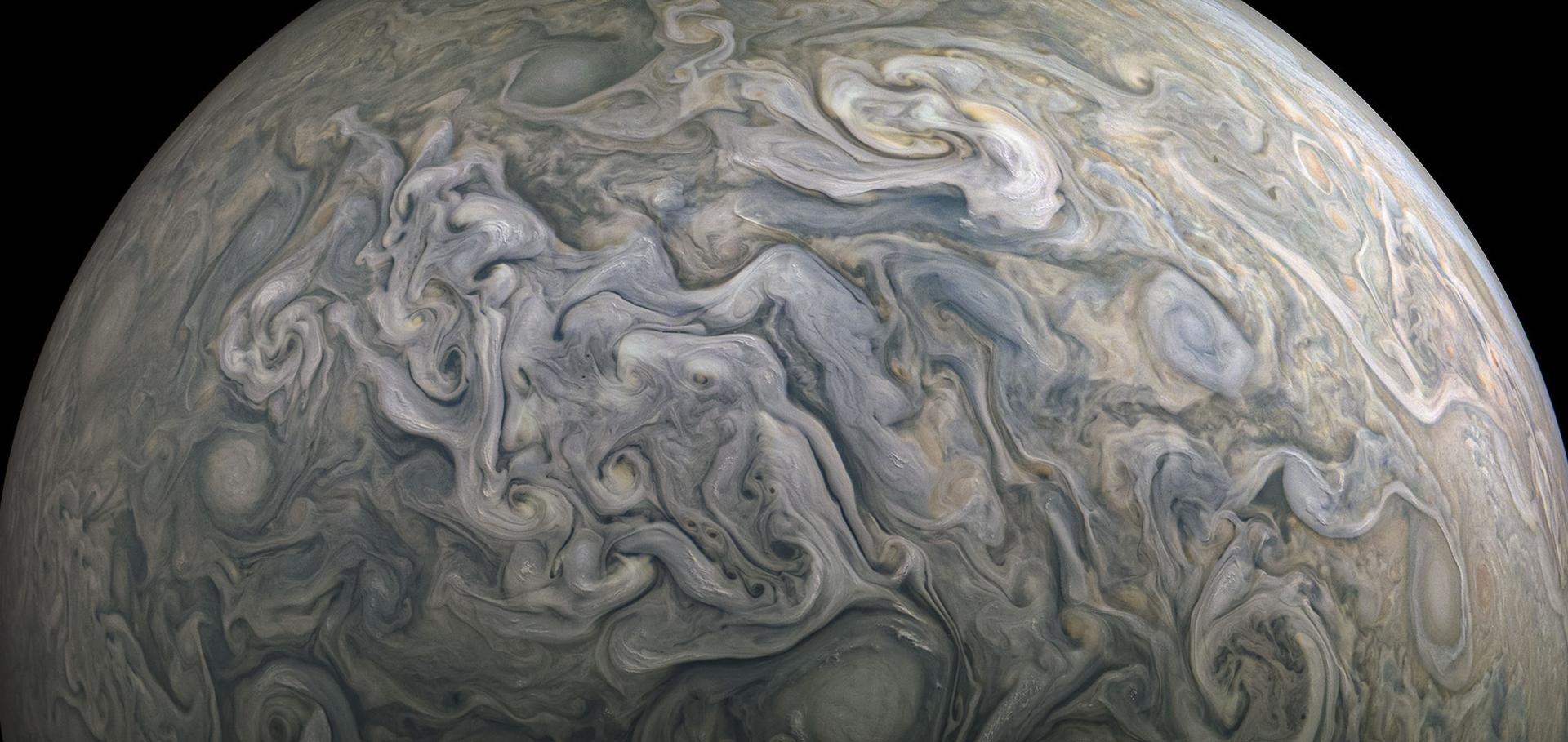Parametrization in weather and climate models
Abstract:
Numerical computer models play a key role in Earth science. They are used to make predictions on timescales ranging from short-range weather forecasts to multi-century climate projections. Computer models are also used as tools to understand the past, present, and future climate system, enabling numerical experiments to be carried out to explore physical processes of interest. To understand the behavior of these models, their formulation must be appreciated, including the simplifications and approximations employed in developing the model code.
Foremost among these approximations are the parametrization schemes used to represent subgrid scale physical processes. A useful mathematical formulation of parametrization often involves Reynolds averaging, whereby a flow described by the Navier–Stokes equations is separated into a slow, resolved component and a fast, unresolved component. On performing this decomposition, the component representing the unresolved, fast processes is shown to impact the resolved scale flow: It is this component that a parametrization seeks to represent.
Parametrization schemes encode the understanding of the salient physics needed to describe processes in the atmosphere and ocean and other components of the Earth system, such as land and ice. For example, finding the relationship between the Reynolds stresses and the mean fields of the system is the turbulence closure problem, which is common to both atmospheric and oceanic numerical models. Atmospheric parametrization schemes include those representing radiation, clouds and cloud microphysics, moist convection, gravity waves, and the boundary layer (which encompasses a representation of turbulent mixing). In the ocean, eddy processes must also be parametrized, including stirring and mixing due to both sub-mesoscale and mesoscale eddies. The similarities between the parametrization problem in atmospheric and oceanic models facilitate transfer of knowledge between these two communities, such that promising avenues of research in one community can in principle readily be adapted and adopted by the other.
Insights into the quantification and reporting of model-related uncertainty across different disciplines.
Abstract:
Quantifying uncertainty associated with our models is the only way we can express how much we know about any phenomenon. Incomplete consideration of model-based uncertainties can lead to overstated conclusions with real-world impacts in diverse spheres, including conservation, epidemiology, climate science, and policy. Despite these potentially damaging consequences, we still know little about how different fields quantify and report uncertainty. We introduce the “sources of uncertainty” framework, using it to conduct a systematic audit of model-related uncertainty quantification from seven scientific fields, spanning the biological, physical, and political sciences. Our interdisciplinary audit shows no field fully considers all possible sources of uncertainty, but each has its own best practices alongside shared outstanding challenges. We make ten easy-to-implement recommendations to improve the consistency, completeness, and clarity of reporting on model-related uncertainty. These recommendations serve as a guide to best practices across scientific fields and expand our toolbox for high-quality research.


